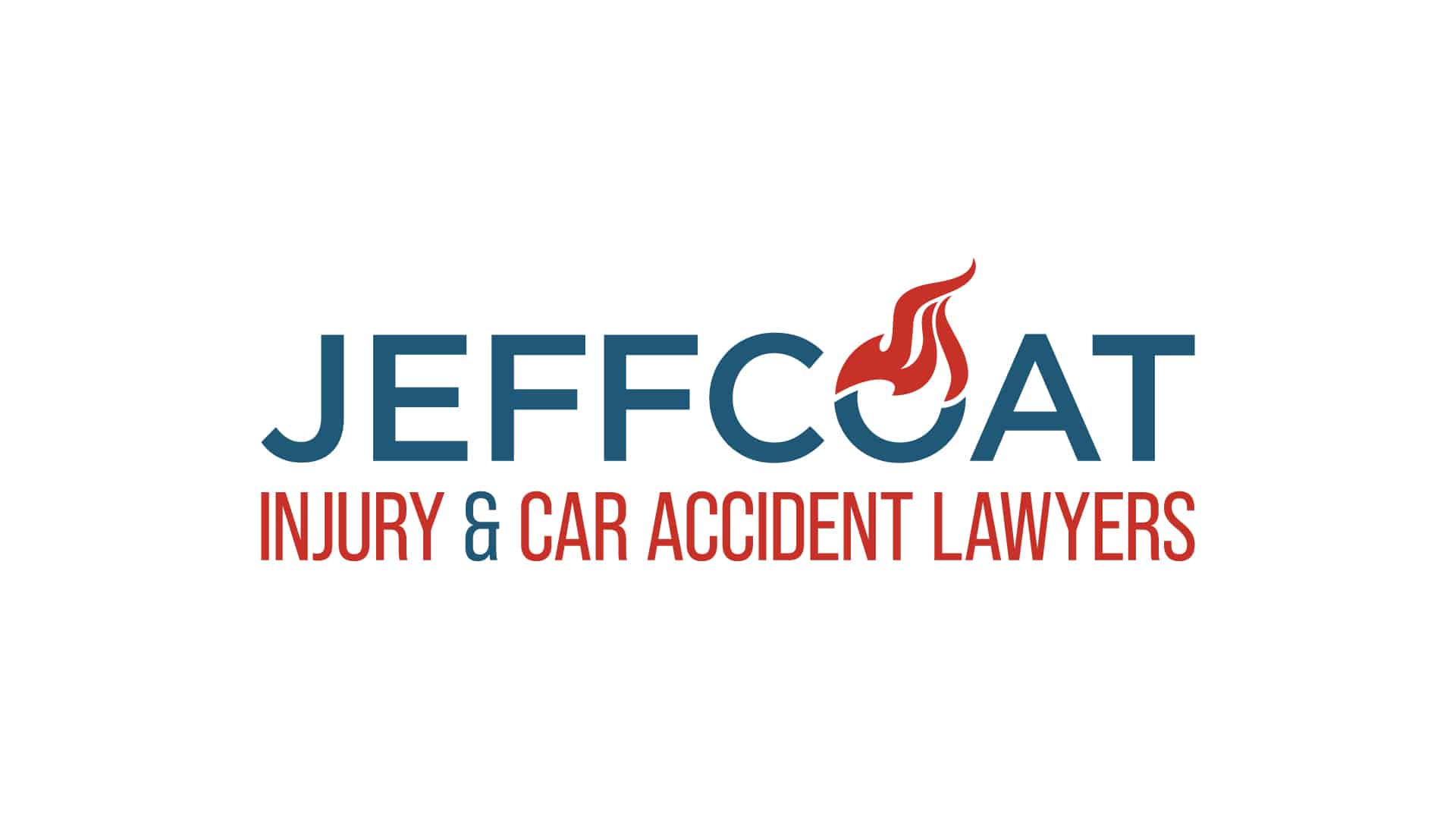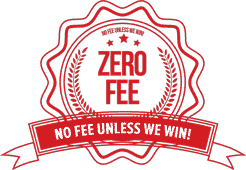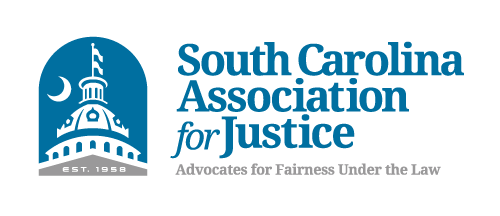When it comes to dog bites, South Carolina adheres to a strict liability theory of law. This means that victims are not required to show negligence on the part of the dog’s owner in order to recover compensation for their injuries, which in many cases are extensive and painful. One of the few exceptions to the dog bite law is for dogs serving with law enforcement, although certain requirements must still be met in order to escape liability. While most police dogs are strictly controlled by their handlers and stick to their intensive training, attacks by police dogs do occur. Dog bites are notoriously painful and traumatic, so if you or a loved one was attacked by someone else’s dog, it is important to retain the services of an experienced dog bite attorney who can help you obtain the compensation you deserve.
Police Dog Immunity
Owners or handlers of dogs that attack another person will be held strictly liable for the damages that result if the victim was in a public place or lawfully on private property, which includes the owner’s property. There are, however, two further instances in which a dog’s owner or handler can escape liability for injuries inflicted by his or her animal, including when:
- The person who was attacked provoked the dog, causing the attack; or
- The dog was “on the job,” so to speak, by working with law enforcement officers or with a governmental agency.
However, in order to satisfy the second exception, certain factors must be met, including:
- The dog’s attack was in compliance with a certified canine officer’s command;
- The dog was was certified and trained via regulations set forth by the Law Enforcement Training Council;
- The government agency responsible for handling the dog had previously developed policies regarding appropriate use of the dog;
- The dog handler’s (usually, a law enforcement officer) did not violate any policies;
- The actions of the dog’s handler or the dog did not reach the level of excessive force; and
- The person bitten was not a third party bystander.
Whether a police dog acted appropriately is a question left to individual juries.
Common Injuries
Dog bites can be extremely painful and often result in severe scarring or disfigurement. Common injuries from typical dog bites include puncture wounds, lacerations, muscle and nerve damage, infections, crushed or broken bones, and emotional distress. Some of these injuries are so severe that victims never fully recover, but must struggle with pain and physical or mental limitations for years. Furthermore, many victims find it difficult to readjust to their lives after attacks and may fear animals for the rest of their lives. This is especially true for children, who are most likely to be attacked.
Injuries caused by police dogs can be even more severe than standard dog bites. Research has revealed that bites inflicted by police dogs result in higher rates of hospitalization. Victims are also much more likely to sustain multiple bites and require more operations and angiograms than victims of domestic dog bites. There is also evidence that police dog bites are more likely to affect the central areas of the body, such as the head, upper arms, and chest. A variety of factors unique to police dogs help explain these differences.
One main difference between police dogs and standard domestic breeds is their size. In general, K9 units favor large dog breeds, which may weigh upwards of 90 pounds. Dogs that exhibit high energy are also preferred, which may further affect a dog’s propensity to bite. Police dogs are also subjected to special training. For instance, dogs in the police K9 units are trained to bite down especially hard and to use a full-mouth bite. This bite requires the dog to use all their teeth, including the incisors in the front and the molars, which are located further back and is designed to strengthen the animal’s hold on a dangerous suspect. Furthermore, the dogs are also trained to hold the bite until commanded otherwise. This helps explain the higher bite rate inflicted by police dogs as these animals are more likely to bite suspects in another location on the body and reestablish a hold if the individual somehow manages to tear himself free. Although police dogs receive extensive training, mistakes do occur and those mistakes can have dire consequences for innocent victims.
Damages
According to the Centers for Disease Control & Prevention (CDC), one out of every five dog bites becomes infected. This means that aside from the trauma of being bitten, the pain associated with obtaining stitches, and the cost of emergency care, victims may also be required to seek additional medical care and pay for expensive antibiotics or other treatments. Fortunately, South Carolina law allows victims to recover the cost of medical expenses and property damage for their losses in such cases. The law also holds dog owners responsible for more than just dog bites. Any type of injury suffered by the victim due to an animal’s attack must be compensated. This means that if a dog jumps on a child and knocks him to the ground, which causes his arm to break, the dog’s owner will be held liable for those costs. Other compensable medical costs may include:
- Surgeries;
- Physical therapy;
- Medication; and
- Appointments with specialists, including reconstructive surgeons.
Aside from these costs, victims may also be able to recover for the pain and suffering they experienced as a result of the attack.
It is difficult to calculate the amount of pain and suffering a person endures after suffering an animal attack. Serious injuries may have permanent repercussions and victims may suffer from anxiety or depression for years after the incident. Obtaining compensation for these losses is necessary for a victim’s recovery, so if you live in South Carolina and you or your child were attacked by a dog, it is important to retain the services of an experienced dog bite lawyer in South Carolina who can help explain your legal options. Please contact Jeffcoat Injury and Car Accident Lawyers by filling out one of our standard contact forms and we will have a member of our legal team help you schedule a free initial consultation.









